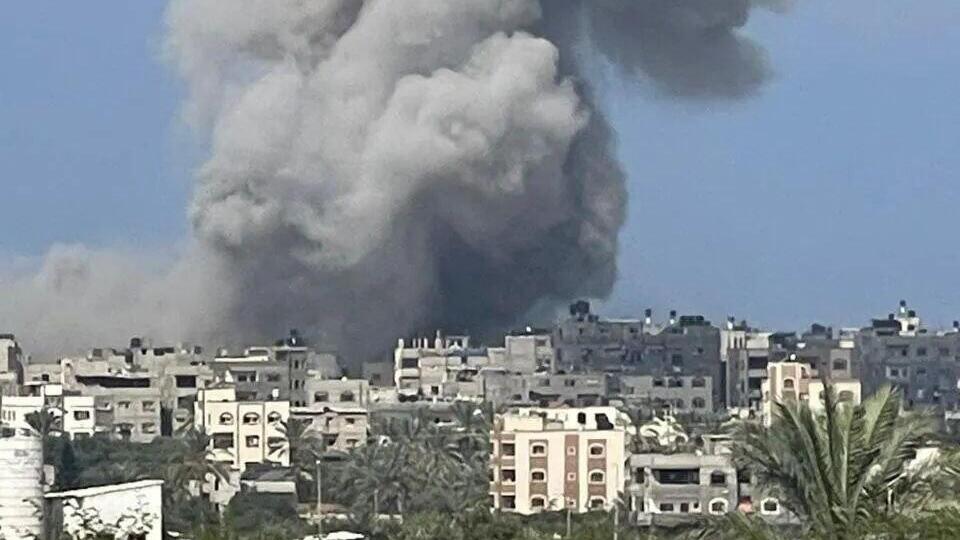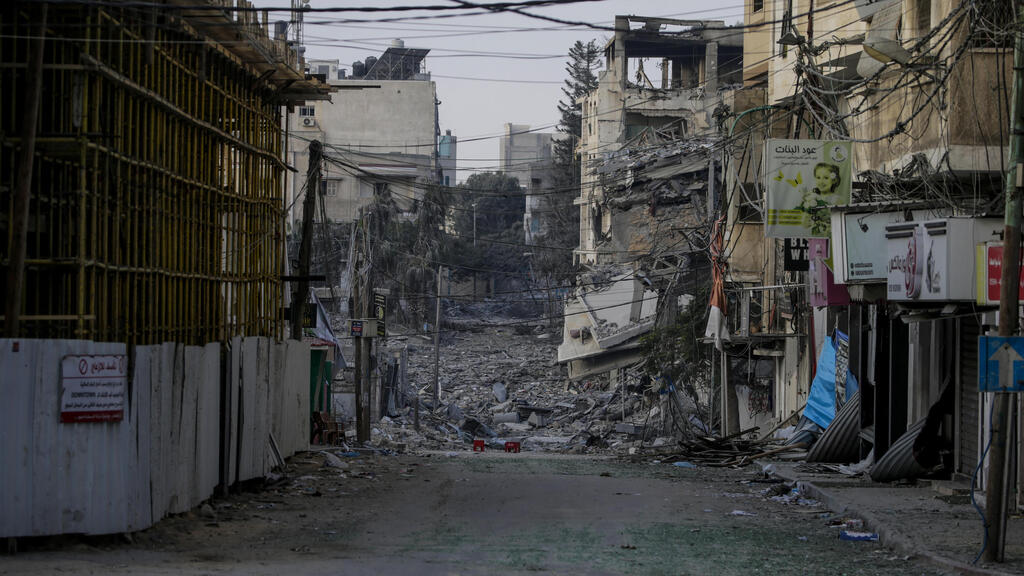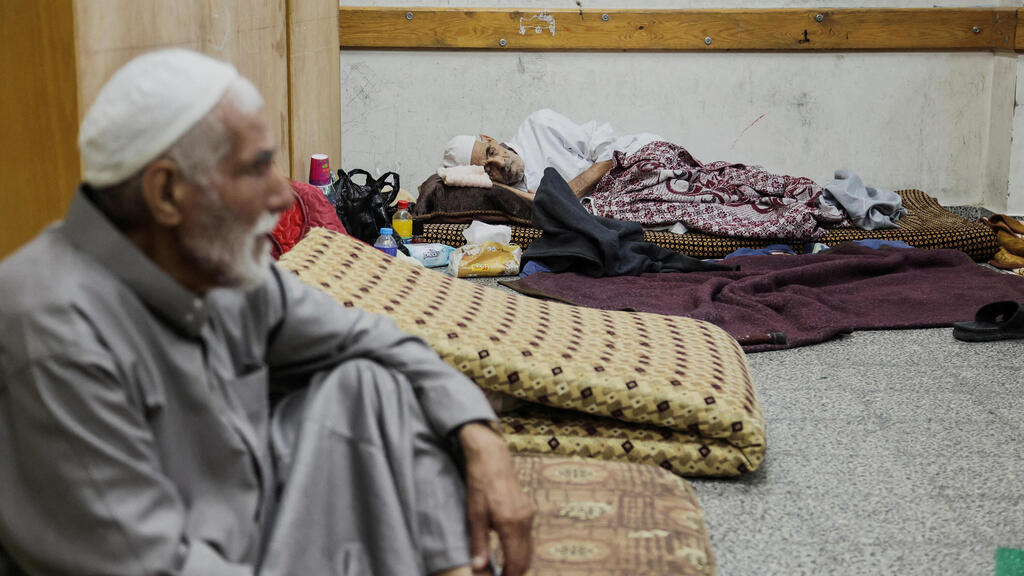Getting your Trinity Audio player ready...
Jordan's King Abdullah leaves on Saturday for a European tour to garner support from the region's leaders for an end to the Israeli "war on Gaza", Foreign Minister Ayman Safadi told state media. The king, who met U.S. Secretary of State Antony Blinken on Friday, has had intensive contacts with leaders in the region and in the West to de-escalate the violence and prevent the region from being dragged into a wider war, officials say.
More stories:
New aid flights arrived in Egypt's Sinai Peninsula on Saturday where relief materials are being held until safe passage for their delivery into the nearby Gaza Strip can be secured, an official from the Red Crescent and an aid volunteer said. Egypt said its side of the Rafah crossing that connects Sinai with the Gaza Strip remains open, though traffic has been halted for several days because of Israeli bombardments on the Palestinian side of the border.
The United States has been working with Egypt, Israel and Qatar to open the Rafah crossing from Gaza into Egypt on Saturday afternoon, a senior State Department official said. "We have been trying to facilitate access for it to be open from 12 to five today. The Egyptians, the Israelis and the Qataris have been working with us on that," the official told reporters traveling with U.S. Secretary of State Antony Blinken.
Egyptian security forces have been reinforcing security on their side of the border, including by moving concrete barriers, but reports that they were sealing off the crossing were incorrect, one Egyptian security source said, speaking on condition of anonymity.
The crossing is the main exit point for the Gaza Strip's 2.3 million residents which is not controlled by Israel. Israel and Egypt have upheld a blockade on the enclave, tightly controlling the movement of goods and people, since Palestinian Islamist group Hamas took control there in 2007.
Two aid flights, including one from Turkey, arrived at Al Arish, about 45 km (28 miles) from the Gaza border, bringing the total number of planes that have arrived this week carrying humanitarian relief for Gaza to at least five, the Red Cross official and the aid volunteer said.
Thousands of Palestinians fled the north of the Gaza Strip on Saturday from the path of an expected Israeli ground assault, while Israel pounded the area with more air strikes and said it would keep two roads open to let people escape.
Israel had informed Gaza civilians through an Arabic-speaking military spokesperson that they were guaranteed two safe routes leading to the south of the strip, that would not be attacked before 4 pm on Saturday.
In Gaza City's Tel Al-Hawa neighborhood, part of the area Israel has ordered evacuated, warplanes bombed a residential area during the night, hitting several houses, according to residents who posted appeals on social media platforms.
Hundreds of residents of the area took refuge at the nearby Quds hospital and planned to join those fleeing to the south in the morning.
"We lived a night of horror. Israel punished us for not wanting to leave our home. Is there brutality worse than this?", a father of three told Reuters by telephone from the hospital, declining to give his name for fear of reprisals.
"I was never going to leave, I prefer to die and not leave, but I can't see my wife and children die before my eyes. We are helpless."
In Khan Younis, in the southern Gaza Strip, Israeli planes struck a four-story building, killing and wounding several people. Dozens of Palestinians were rushing there to help rescue people trapped in the rubble.
Hamas has vowed to fight until the last drop of blood and says the order to leave is a trick to force residents to give up their homes. Gaza City mosques have blared calls telling people to stay.




